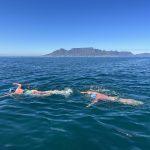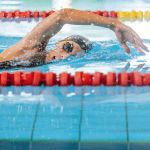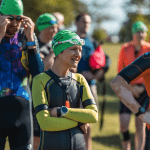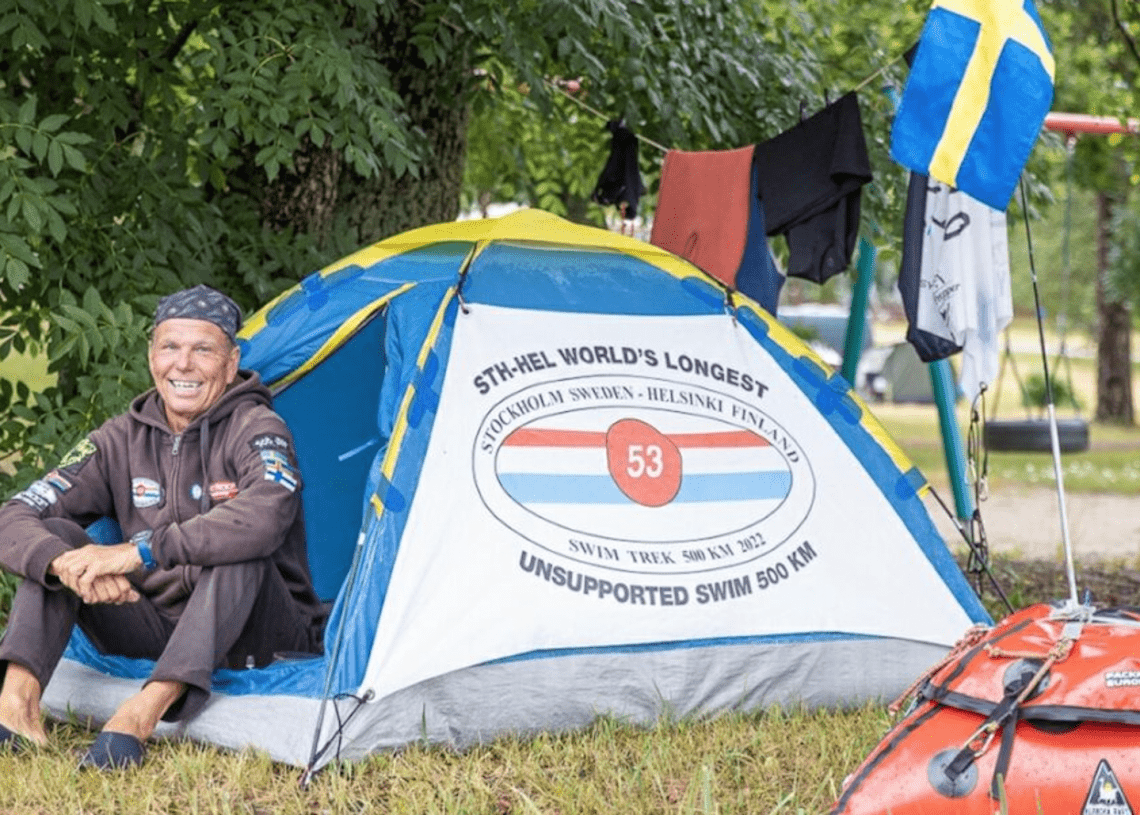
The Swim Nomad
Swedish adventurer Jari Cennet Tammi plans to swim the coast of the Mediterranean from Istanbul to Cadiz over seven years. How does one plan for this kind of journey, asks Jonathan Cowie.
The original premise of this ‘Swimterview’ series of interviews was more than just a play on words – my thinking was that the writer would swim with the interviewee and from that shared experience glean a better understanding of their subject. Just as walking fosters deeper conversation and encourages us to open up, I hoped that swimming together would elicit a similar response. I hoped that being outdoors in nature, sharing the experience of doing something that both writer and interviewee loved, would lead to a true connection, deeper reflection and therefore a more interesting interview.
Interviews done over the phone or email are by their nature more transactional; the subject can hide their true feelings, edit themselves. Face to face interviews can feel confrontational or anxiety inducing.
Swimming together, I hoped, would be gentler and more considered. Of course, swimming together isn’t always possible. In the pandemic all our swimterviews switched to Zoom, as face to face (or stroke by stroke) meetings were impossible. Nowadays distance and busy schedules often preclude meeting up in real life and so interviews must be conducted online. It is easier, but sometimes you want to grab your swim kit, break through that screen, and go for a swim and proper chat with your interviewee.
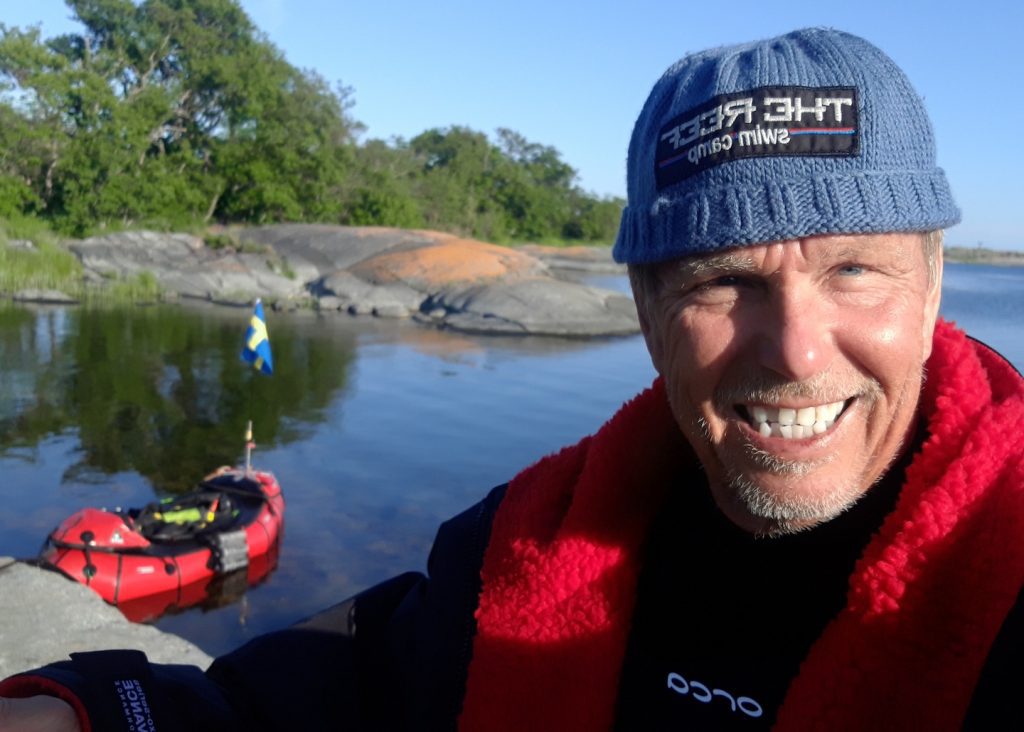
This was the case with Swedish adventurer Jari Cennet Tammi, and not just because he was speaking to me from his home in Las Palmas, blue skies and turquoise sea glittering behind him as we spoke over Zoom. Earlier this year Jari successfully completed his second attempt at what is believed to be the world’s longest unsupported swim – 500km from Stockholm to Helsinki across the Baltic Sea. But I was here to talk about his latest challenge.
“It’s not a challenge,” he corrects me. “It’s more like a way to live.” I was immediately intrigued. At that moment I wished that we weren’t sat 3,000km apart but instead were swimming and talking in that beautiful sea outside his window.
A change of pace
Jari’s new way to live is a seven-year swim along the coast of the Mediterranean from Istanbul to Cadiz, starting in August 2024. It is the culmination of a process that started when the now-65-year-old Jari retired in 2016 from his job as chief technology officer of an international cement company in Sweden.
“I asked myself: ‘How can I retire when I am 55?’” he recalls. “I cannot own anything because it costs money to maintain things. So in 2016 I changed my whole life. I cleared everything away.”
Over the following seven years Jari has whittled down his belongings to two bags of possessions. “I would like to have one bag,” he laughs. “That will happen in the future.”
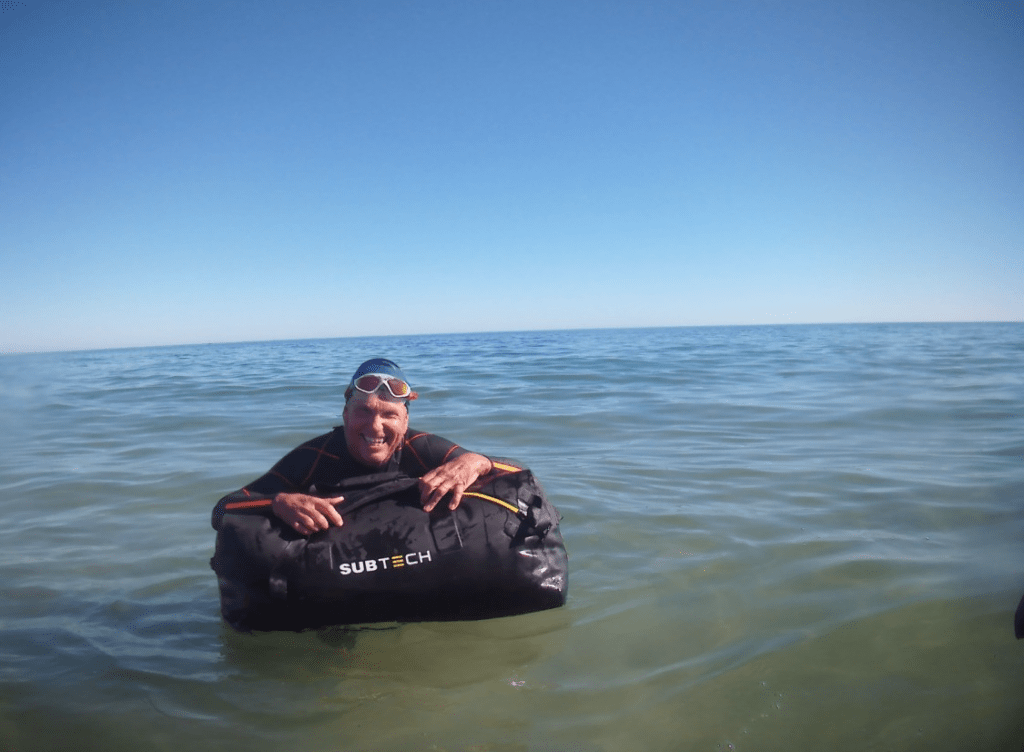
It is a fascinating tale not just of a rejection of modern life but also the development of a swimmer and a study of what is possible – at any age. By giving up things that many of us think of as indispensable Jari has liberated himself to create a new way of swimming and living. “You can have a lot of money, but you never own your life,” he says. “You’re a slave to money. You’re afraid to lose it and you want to gain more.”
Jari’s open water swimming journey started when he moved from Sweden to Las Palmas after retiring in 2016. Although he had swam competitively as a teenager he had given it up aged 15. Apart from a short-lived return to swimming when he hit 30 and joined a masters club for a year, Jari hadn’t swam for the majority of his adult life. When he moved to Las Palmas he was in bad shape physically: “I had bad knees, I had high cholesterol, I was overweight,” he recalls. “I needed to do something.”
Overcoming fears
When you live by the beach in year-round sunshine, that something is pretty obvious. Jari started to swim in the sea. At first it was challenging, but he persevered. “I was so scared of sharks. I was scared of everything. But I found friends, Spanish swimmers, and then slowly I progressed and got really good.”
Soon Jari was entering events and winning his age group categories. He was an open water swimmer and relishing his new-found fitness and freedom. And then the pandemic happened. As Spain’s strict lockdown rules prevented Jari from swimming in the sea, he returned home to Sweden where restrictions weren’t as severe and swimming pools were still open.
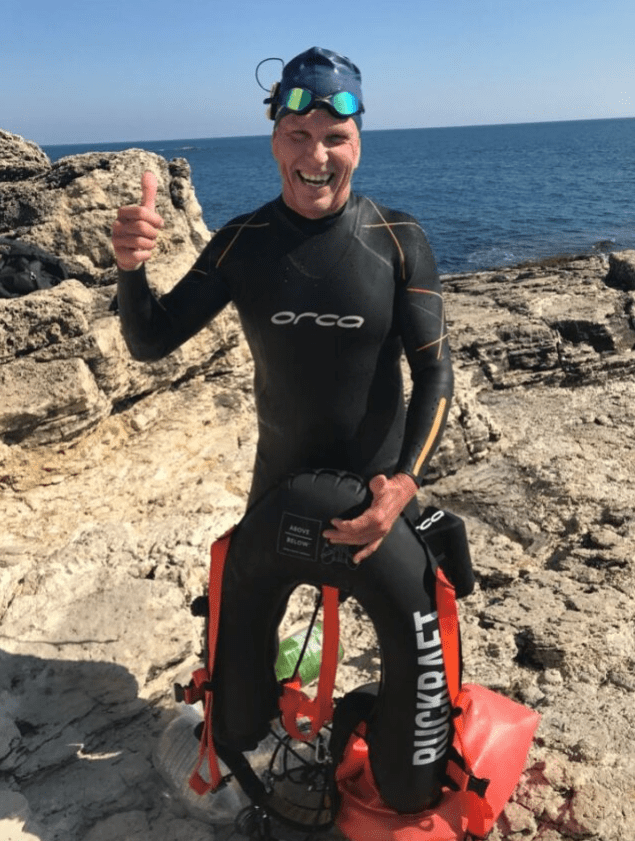
But then Sweden began to implement stricter lockdown rules and suddenly the pools closed. “I thought, what will I do now? I need the training,” he remembers. “I have to swim.”
Although the pandemic was a terrifying time for many, it also gave us the mental space to reflect and regroup. Lockdown allowed us to put into action radical plans that we wouldn’t have considered in normal life, it gave us impetus to try new ways of living. My pandemic decision was to move out of London. Jari’s was to swim the archipelago of Stockholm. “I had to do something,” he recalls.“So it’s thanks to the pandemic that it all started.”
That something was swimming 328km of the archipelago in 2021. “It was so easy,” he laughs. “So I thought, ‘80km more to Helsinki. That’s nothing…’” In 2022 Jari made his first attempt at the 500km unsupported swim from Stockholm to Helsinki across the Baltic Sea. He had to abandon the challenge when wind changes would have caused him to miss the island of Lågskärfyr. Missing this island would have meant no other land in sight within 50km.
Second time lucky
After months of rigorous training (including towing a Ruckraft weighted with 6kg, plus four filled 5-litre canisters) Jari embarked on his second attempt on 10 June 2023. His challenge involved navigating his way through Stockholm’s archipelago of over 30,000 islands and busy shipping traffic in the Åland Sea. The swim took him 41 days (plus 11 days waiting for the right weather conditions). He towed his own kayak containing his food and gear and swam an average of 13.9km per day. An impressive transformation from the man who seven years previously struggled in the shallows off the beaches of Las Palmas.
Yet 500km is nothing when compared to the nearly 8,000km he plans to swim in his next endeavour (I will refrain from calling it a challenge). Starting in Istanbul, on the Asian side of the Bosphorous, he will swim for around seven months a year, swimming around 3km a day, to reach Cadiz seven years later.
“The whole purpose of the swim is to show people you can do something different,” Jari says. He is extending an invitation to the world, asking people to join him on his journey. “I would like people to come swim with me. Check where I am, join me for a week or for a day or two. If I can do it, you can do it too.” It is all part of his new way of living.
A ritual journey
The swim is like a walkabout in Australia, a ritual journey. It will take him wherever it will take him. On the way he will camp at night or rely on the generosity of strangers. He won’t swim in July, August or September because it’s high season and rooms or camping will be too expensive or hard to find. And he also won’t swim in February and March when it will be too cold.
I ask Jari about loneliness, about being away from home and without his support network for so long. “But I will meet new friends every day,” he replies. “And I’m quite used to being alone. It’s nice when I meet people, but I really prefer to be alone with myself.”
Jari’s children are grown up and live in Sweden. He has a girlfriend but they don’t live together. He can walk away (or swim away) from his life. “I have no ties,” he says. “Nothing that binds me. I’m 65 years old and if I swim for seven years, I’ll still only be 72.”
The length of time is in itself mind blowing. How does one plan for a seven-year adventure?
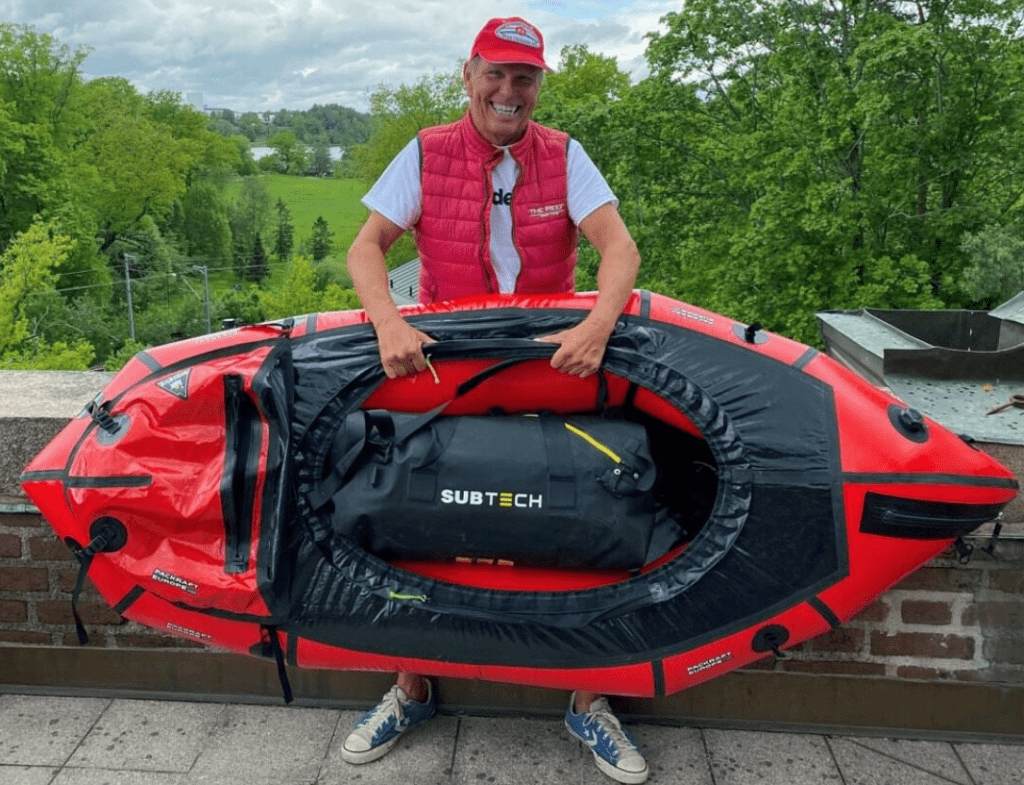
“I will not plan anything,” he says. “You find me and we meet and then we swim. I will not plan for people because then it gets a burden. Then I’m not free anymore, I don’t own my life. That’s what happens when you live as I do.”
Jari has his trusted kit that he uses when he swims, including a 100-litre Subtech raft. He recommends that swimmers who want to join him use an inflatable Ruckraft to carry their belongings. He hopes to use GPS tracking technology to allow people to connect with him and meet him to swim.
I have spoken to a lot of distance swimmers over the years about their incredible achievements of physical and mental endurance. But this swim is something different. I wish Jari luck on his seven-year adventure and hope to join him along the way to experience his new way of life, to be part of his journey from from chief technological officer of a cement company to swim nomad.
“I just want to have a simple life,” he says.






